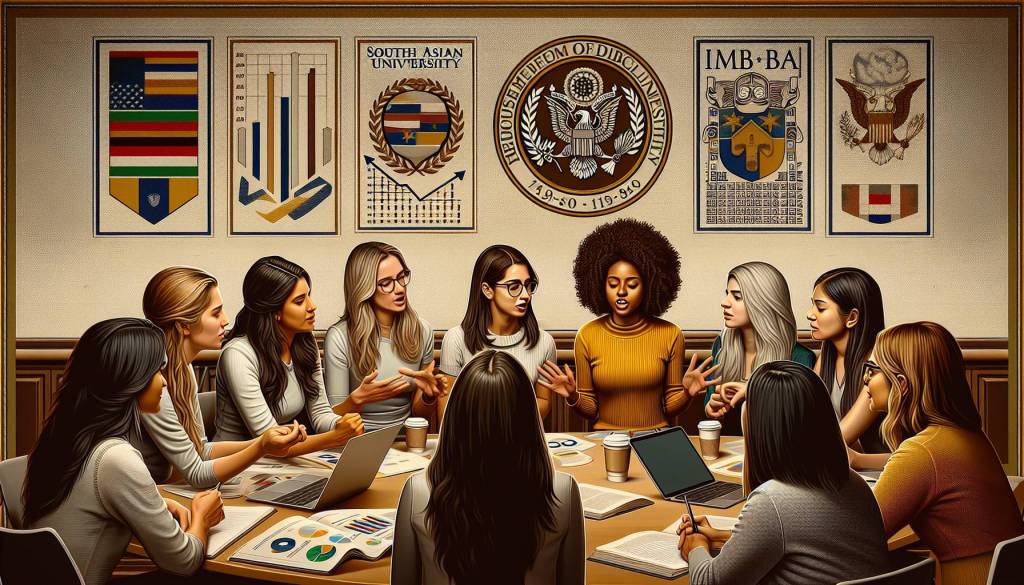Ever wondered how companies like Google, PayPal, and Honda employ April Fool’s Day to boost their businesses? It’s all about clever marketing pranks geared towards enhancing brand visibility and consumer interest, from product hoaxes to comprehensive campaigns. However, balancing humour and credibility is key to concerning their reputation.
Recall Google announcing Gmail on an April Fool’s Day two decades ago? Seemed suspicious at the time but turned out to be historically game-changing. Now, Gmail, with its advanced features and huge storage, is a frequent choice among millions worldwide.
Nikita Walia, CEO of Blank, recommends thoughtfulness over pressure in engaging with festivities for brands. In her view, selective participation boosts efficient connectivity with target audiences.
Utilizing April Fool’s Day for enhanced brand visibility
She emphasises authenticity and encourages businesses to deploy their resources towards unique, creative celebrations in accordance with their visions and philosophies.
Brand strategist Reilly Newman approves of Google’s adventurous move of launching Gmail on April Fool’s Day, noting the platform’s novelty. He perceived the prank-associated debut as reinforcing Gmail’s innovative demeanor. He advises tech companies to adopt such strategies in their marketing as it augments brand recognition and curiosity.
Remember PayPal’s 2018 joke about users printing money from smartphones? It wasn’t just fun, but also a superb brand visibility booster. Despite being a prank, this stunt positioned PayPal as an innovation frontrunner in financial technology, got people talking, and amazingly strained their global grip.
Honda Canada once advertised a car horn mimicking a man coughing and it was a massive hit! The campaign, anchored on national clichés, appealed to Canadian customers and significantly magnified the brand’s image. The humour displayed not only set them apart from the competition but also proved their inventive capabilities.
Duolingo and Peacock once pulled off a false promotion of a fictitious dating show called “Love Language” where language proficiency trumped personal interconnections. The unexpected twist garnered attention, stimulated discussions, and remarkably escalated both brands’ visibility across social media platforms.
Nevertheless, experts alert companies to use promotional tricks responsibly, ensuring in-depth research of cultural sensitivities and transparency of communication, to avoid reputational risks. Thus, striking a balance between creative marketing tactics and respect for diversity is imperative.













